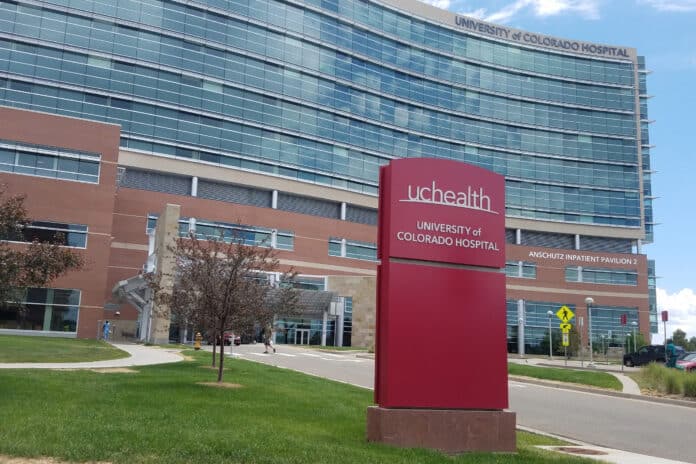
Hospitals have been challenged in recent years, with the epidemic upending operations. Traditional care patterns were disrupted both in the inpatient and outpatient settings during COVID-19. Many staff quit, many new employees were hired, and now hospitals are attempting to match staffing needs with care demands, with uncertainty about what the new level of service demand will be. As you might expect, these years have impacted hospital finances as well.
Most hospitals are part of a multi-hospital system, which also owns doctors’ practices and other provider types, such as a skilled nursing facility or home health agency. While there are some for-profit hospital chains in the United States, most hospitals and health systems are nominally non-profit, although they typically make quite large profits. Hospitals, particularly non-profit ones, are required to provide certain levels of uncompensated care for the poor. This is the trade-off for not paying taxes on the net income these hospitals earn.
Hospital emergency rooms are essentially obligated to treat anyone who comes through the door, including those with no insurance or government coverage, which can lead to high levels of uncompensated care. Medicare attempts to make up for some of the costs of this uncompensated care through what are called disproportionate share payments. During the epidemic, Medicaid did not disenroll any beneficiaries, which meant more people had some form of insurance coverage, but that disenrollment suspension has ended, leaving more patients without the ability to pay for hospital care.
Many hospitals claim to be struggling financially and are laying off staff and instituting other cost-control measures. Uncompensated and under-compensated care is a factor in hospitals’ financial woes. Hospitals seem to have sufficient business; emergency rooms in particular appear to be overflowing. But many of those people in the emergency room are unable to pay for the care they need. An unappreciated aspect of this issue is the massive surge in illegal immigration. Non-profit hospitals cannot turn these illegal immigrants away, even though they won’t get paid for rendering care to them.
Recent statistics show both the dramatic increase in uncompensated care and the role of illegal immigrants as part of the problem. Uncompensated care nationally is over $45 billion for 2023. Uncompensated care had risen from a median 6.4% of hospital revenue at the start of 2023 to 8.7% by July of 2023, coinciding with the huge rise of illegals entering the country. One large hospital system alone, UC Health, in Denver, Colo., for example, reported over $500 million in uncompensated care in 2023. Denver, as recent news reports confirm, is overrun with illegal immigrants.
Florida has an excellent dashboard showing the cost of providing uncompensated care to illegal immigrants.
As of the date the dashboard was accessed, Florida hospitals alone had provided $566 million in uncompensated care to these patients for the second half of 2023. This number was almost certainly understated, since many hospitals won’t ask about legal status or won’t report it to the state. On an annual basis, it is likely that nationally hospitals are losing billions of dollars in providing this care to illegal immigrants, raising costs for other patients and payers.
If you wonder why hospitals seem to be struggling financially when ERs and other units are busy, illegal immigration is a large part of the problem. Recognizing this is not to blame illegals; the blame rests solely on the shoulders of those who have failed to take even the most basic steps to stop people from flooding across our southern border. Just one of many unfortunate and destructive consequences from that failure.
Kevin Roche runs The Healthy Skeptic, a website about the health care system, and has many years of experience working in the health care industry. If you have health care-related questions, you can contact Kevin at xuebpur@urnygul-fxrcgvp.pbz and he may answer the question in a column.
Read more from Kevin Roche at his website: healthy-skeptic.com
















